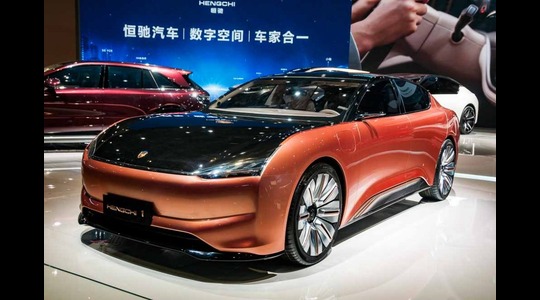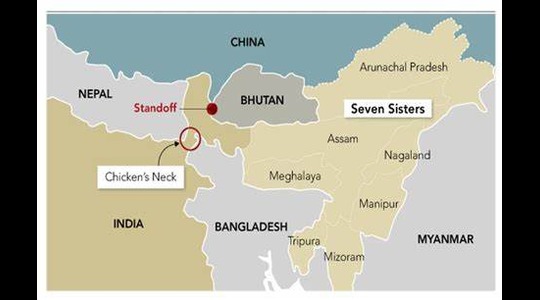Global manufacturers and automakers may need to reassess the whole chain of supply as well as to reconfigure the supply chain which potentially may disrupt the fair market economy with increasing costs and delayed products as companies need to seek partners at a cheaper rate outside of China.
Ehsanul Kadir Shanto, Student , Department of International Relations;
University Of Dhaka.
The U.S. Department of Commerce has recently proposed a restriction plan on Chinese software and hardware in connected vehicles on roads. Eventually, this may bar Chinese cars and trucks from the American market escalating a significant setback for automakers.
This regulation plan may seek acceptance from both American and international manufacturers to bar Chinese components from Chinese vehicles, especially those sold in the U.S. Ban on software would take effect in 2027; prohibition against hardware would take effect by January 2029 or 2030. This approach taken by the U.S. government highlights the U.S. government’s stance in minimizing risks associated with China-made technologies. ( Source: Reuters )
White House National Security Adviser Jake Sullivan underscored some evidence of Chinese malware targeting American vehicles and its structures. Commerce Secretary Gina Raimondo further discussed and warned about potential surveillance and spying through these Chinese technologies depicting a worst-case scenario that may cause catastrophic accidents on the roads of America.
America has taken these regulatory policies solely because of its national interest rather than economic interests. Though economic decoupling between China and the U.S. will surely have a huge impact on the global economy. The company’s ecosystem of manufacturing and importing will be disturbed as well. Also, let us not forget that China may come up with more aggressive policies of their own which might escalate the rising tensions between these nations.
This action taken by the U.S. government may cause havoc for Chinese farms and the automobile industries like General Motors or Ford, which largely depend on Chinese farms for their affected components imported from China. Companies like Volkswagen, Global Motors, and Toyota have already expressed their concerns and stated that they need more time to cope with the new regulations.
If we take a look at the global supply chain situation seems even more interesting. Global manufacturers and automakers may need to reassess the whole chain of supply as well as to reconfigure the supply chain which potentially may disrupt the fair market economy with increasing costs and delayed products as companies need to seek partners at a cheaper rate outside of China.
The Department of Commerce made the proposal open to comment for the public for 30 days. Many Chinese officials have criticized this policy and expressed their concerns to the U.S. government for not ensuring a free, transparent, and fair market economy for Chinese companies. However, the U.S. government is unwilling to accept any kind of hindrance in their proposed policies and in terms of national security. It will be very interesting to see how China reacts to these policies in the near future.
***The opinions shared in this article are the author’s own and do not represent this platform’s stance.





